Time Travel Kitchen
A Brilliant Career: Sara Moulton talks Gourmet Magazine, Cooking on Live TV, being mentored by Julia Child and more. (Plus: A Mocha Cookie Recipe)
When I think of people who inspire, Sara Moulton is at the top of the list — and for that reason (plus, she has a great sense of humor) I’m delighted to share some of her storied career here today.
Not one to rest on her laurels, Sara continues to build on her impressive 40-year career. She still produces her show on PBS, Sara’s Weeknight Meals, and also does a weekly public radio broadcast on Milk Street, where she and Chris Kimball answer callers questions about food, cooking, culture, wine and more.
I worked for Sara in 1991 and the very first thing she charged me with making at Gourmet were these decadent cookies, so I’m a little sentimental about them and thought they’d be a good choice for today. Recipe: Mocha Cookies I hope you’ll try them—they are good!
A Conversation with Sara Moulton
J: Sara, thanks for being here, I know you were a history major in college. How did you decide to attend The Culinary Institute of America in Hyde Park, N.Y.?
S: I majored in “The History of Ideas” at the University of Michigan mainly because it was such a broad noncommittal major; I could shape it how I wanted. The only requirement was to write a thesis and I wrote mine on Virginia Woolf’s To the Lighthouse. It took me an extra year to finish my thesis and so I did not graduate with my class.
Meanwhile I was working as a cook in a bar, slinging burgers and living with my boyfriend. I was making $60 a week and was happy as a clam. My mother was not. She felt (as did my dad) that I should have a career and be able to support myself. I had always been a passionate cook and had worked in cooking jobs most of my college career.
Unbeknownst to me, my mother wrote to Craig Claiborne and Julia Child and asked them what I should do if I wanted to become a chef! Julia didn’t reply (which was odd for her — I think she didn’t receive it). But Craig did, and he recommended I go to cooking school — either the Hotel School in Lausanne or the CIA. I did not want to go to Switzerland, it was too far away…
…but I figured what the heck, I’ll apply to the CIA and they will certainly not accept me since I didn’t even know how to use a chef’s knife. Much to my horror they did accept me.
I asked the boyfriend how he felt about me going to chef’s school for two years and I was expecting him to say “Oh, no, don’t go!” But he replied, “Please do, I want to date other women.”
Well! That shot me right out of Ann Arbor like a rocket. Fun fact: I have now been married to that dastardly boyfriend for 40 years.
Working with Julia
J: How did you end up working for Julia Child?
S: It was because of a hard-boiled egg. In early 1979 I was working as the chef manager of a catering operation in Cambridge, Massachusetts, and I was peeling a whole bunch of hard-boiled eggs for some recipe with one of my staff, Berit Pratt.
I was explaining that the method we had used to cook the eggs came from Julia (you did not actually boil the eggs which meant they came out more tender) and Berit told me she knew Julia. In fact, she was a volunteer on her cooking show. I asked if I could sign up to be a volunteer too and Berit said she would ask Julia and get back to me.
The next day Berit came in and told me she’d talked to Julia and she wanted to hire me.
I was floored. I could not believe that not only could I work on her show, but also that I would get paid. Berit told me to go down to the corner phone (pre-cellphone days and I did not want to make the call from the catering office) and call Julia.
Julia was listed (!!!!) so she always picked up. I called and introduced myself and she said, “Hello, Dearie, Berit told me all about you, do you food style?”
Now, this is 1979, way before food styling became the codified craft that it is now, so I had to do some quick thinking—hmmm—I was complimented about how I garnished the plates at my last restaurant job, I had just done cold poached salmon for 700 and it looked lovely, heck I was pretty good at watercolors in high school.
So what did I say? What would you have said? I lied and said yes, I was good at food styling. I got the job.
Julia assumed because I went to the CIA I must know about food styling. I did not but I managed to muddle through.
J: I would’ve said yes, too, Sara! What was it like being mentored by her? Was she as down-to-earth as she seemed?
S: It was fantastic. She was like another Mom, but also sort of a buddy. She was hands down one of the funniest people I have ever spent time with. She was just so refreshingly honest. Needless to say I learned a ton from her and not just about food.
J: When I asked you the first word you think of when you think of her you said…
S: Fun. When we were working on her show, or putting on a dinner party at her house she would exclaim in the middle of all the work — “Aren’t we having so much fun!”
J: I always loved that things came full circle and she appeared on your show. What was that like?
S: Well, I was a complete nervous wreck but she was her usual wonderful self and just guided us through the whole thing.
J: I know you are often interviewed about your lifelong friendship.
I never get tired of talking about Julia. She was unique. There will never be another Julia.
25 Years at Gourmet
J: You were at Gourmet for 25 years, first in the test kitchen then as chef of the executive dining room.
S: The first four years I worked in the test kitchen and got intense training not only in testing and developing recipes, but also in food styling. Along the way I learned tons about international cuisine since our recipes came from all over the world, as well as about American food. It was the beginning of my appreciation for the home cook.
After a while the job of chef of the executive dining room opened up and since I had been missing restaurant work (for the first seven years after cooking school that’s what I had done), I applied and got it.
I had left restaurant work to go to Gourmet in the first place because I wanted to have kids and the 80 or so hours a week required in restaurants was just not conducive to having a family. But the executive chef job at Gourmet was a nine-to-five weekday job so I jumped at it. I loved that job, too. It was like having a small fine dining restaurant with no food costs.
The goal of the Executive Dining Room at Gourmet was to “Make the Magazine Come Alive” for advertisers and potential advertisers.
We had a small crew — me, my sous chef (that was you, Jolene, for one delightful year), a dishwasher/prep cook and the wait staff. We had such a good time.
J: We did! And your high energy was contagious. Speaking of your energy — weren’t you also working at Good Morning America during this period?
J: I started working behind the scenes at GMA doing prep and food styling with Julia briefly in 1981 and then again with Julia and all the chefs and cookbook authors who came on the show from 1987 to 1996. I had to quit when I got the job at the Food Network because it was just too much, but shortly after, GMA invited me back to be the Food Editor and do on-air segments and that seemed more manageable, so I said yes. I appeared about 6 to 8 times a year until roughly 2008.
I was employed at Gourmet from 1983 until 2009 (when the magazine shut down) so I did all three jobs — Gourmet, GMA and Food Network for many years starting in 1996.
Food Network
J: You’ve said you loved your show Cooking Live on the Food Network. Was it flying without a net that was so fun ?
S: I absolutely loved it. It was my favorite job ever! For those who don’t know what it was—it was a show that aired on the Food Network from 1996-2002 and it was a live one-hour call in show, on Monday through Thursday nights from 7pm-8pm.
We took calls from people around the country in real-time (no delay — I got six dirty phone calls in six years) while I made recipes.
I adored the team I worked with, we were one big family and I just loved talking to the callers. It gave me a picture of what people knew and what they were cooking in each region of the country. If I didn’t have the answer, I said so and promised I would do homework and get back to them on the next night with an answer on air.
I loved the live element. Things happened — I dropped it, I burned it sometimes I didn’t even manage to cook it. But the really good news was that when it was done, it was done. No retakes.
To my knowledge nobody has done a show like that, not before and not since.
Mentors
J: Who else has had a lasting impact on your career?
S: I was lucky to have several great mentors when I was a young person in the industry — Julia, of course, also Jacques Pepin who I met when I interviewed him in 1978 on the radio about his first cookbook La Technique and worked with him later when he did a couple of guest appearances at La Tulipe. He has always encouraged me.
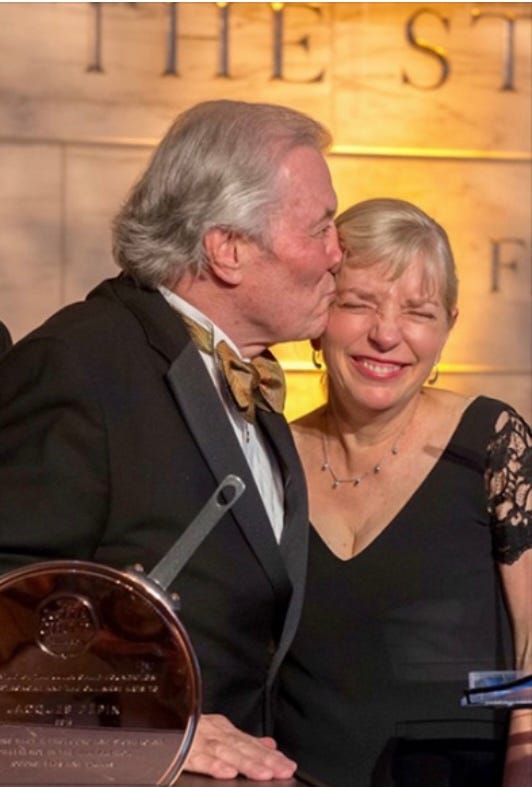
Then there is Jean Anderson, cookbook author extraordinaire and walking culinary encyclopedia. She was my ‘red phone’ when I did Cooking Live.
And Sally Darr. I probably learned more from Sally Darr than anyone else. (See last week’s newsletter about Sara, Sally and La Tulipe plus a soufflé recipe).
Cookbooks
J: Sara, how many cookbooks have you written?
S: Four. I am most proud of my last one that came out in 2016, Home Cooking 101: How to Make Everything Taste Better
I incorporated everything in that book that I had learned in my over 40 years in the industry.
J: Thoughts on being a woman in the industry in the late ‘70’s as opposed to now?
S: It is better, not best. Women chefs still do not get as many opportunities as men, nor as much press, and certainly not as much backing for new ventures.
J: You were and are in the vanguard. Thank you, Sara. ❤️




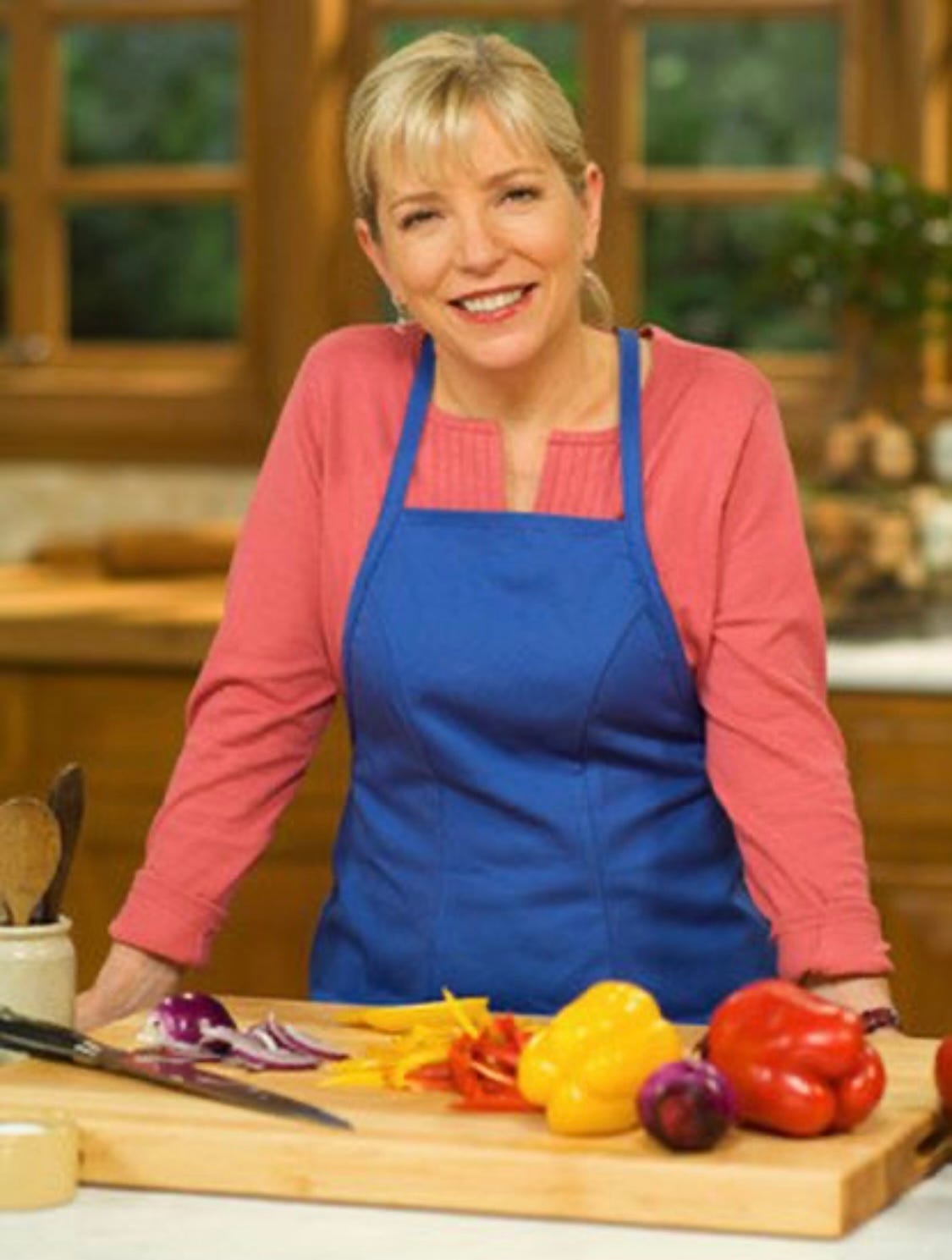
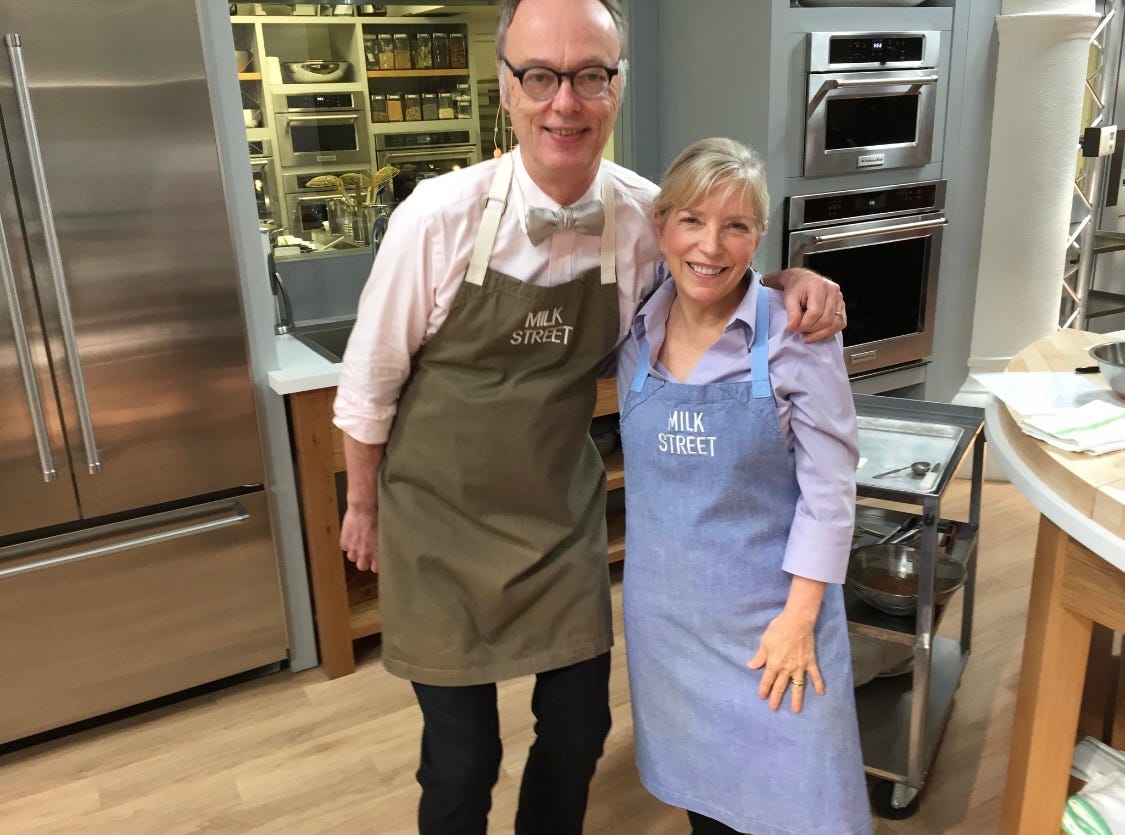

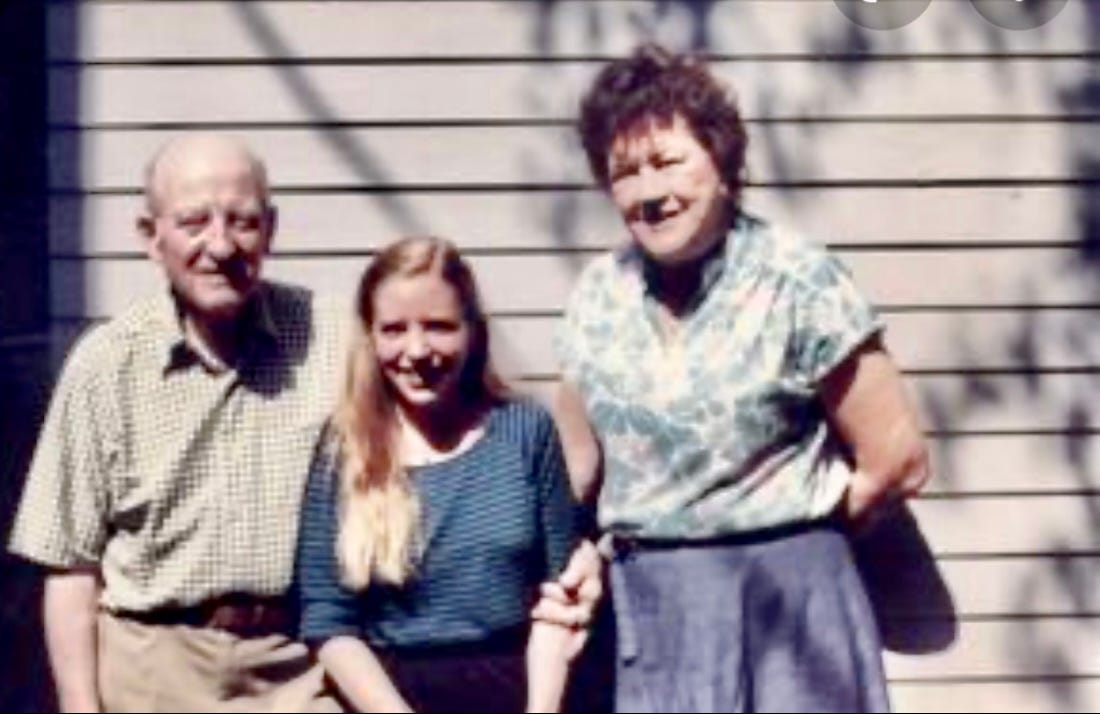
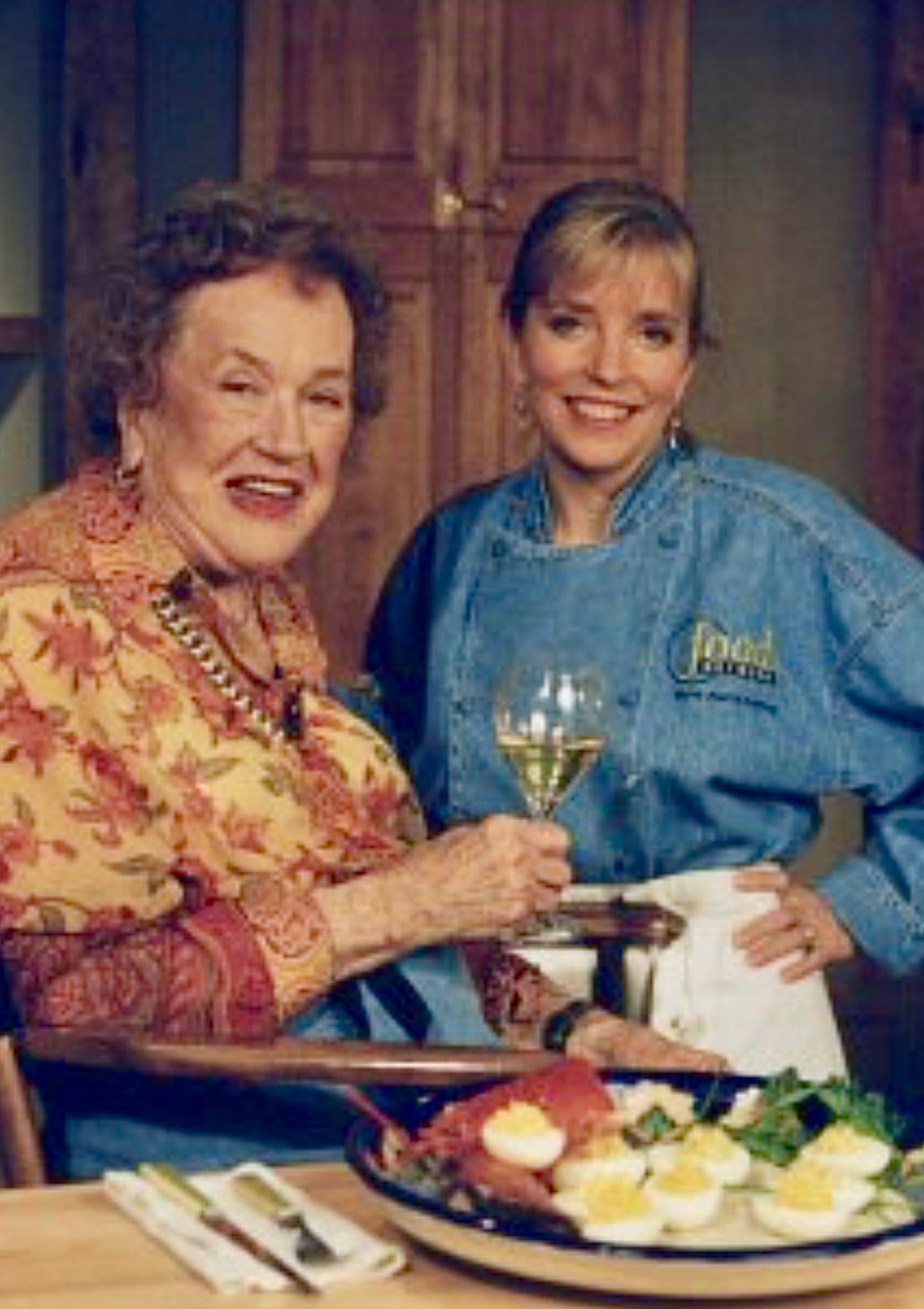
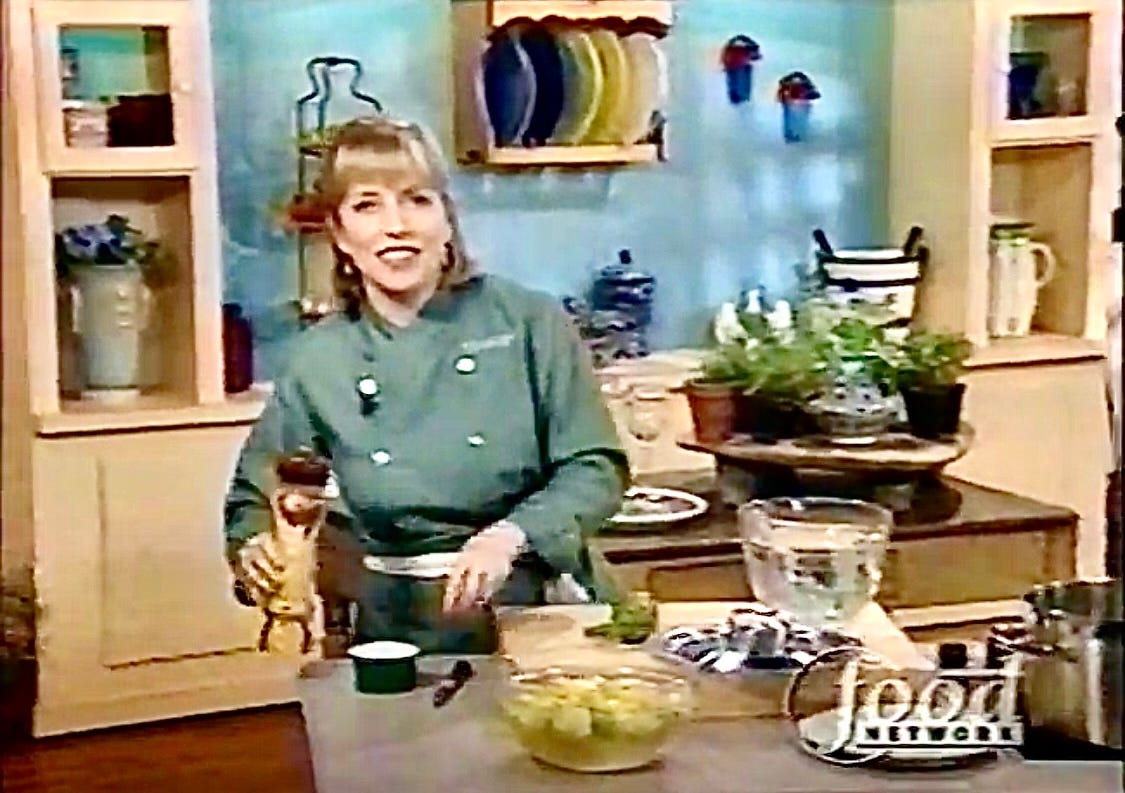
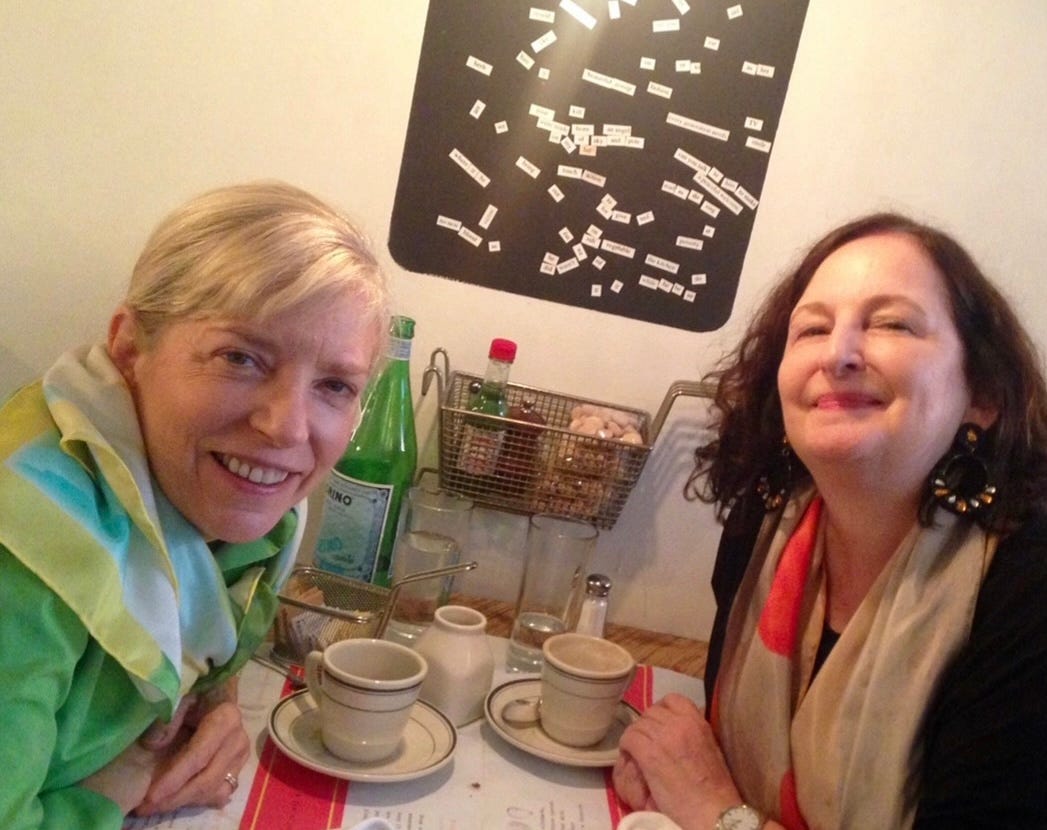
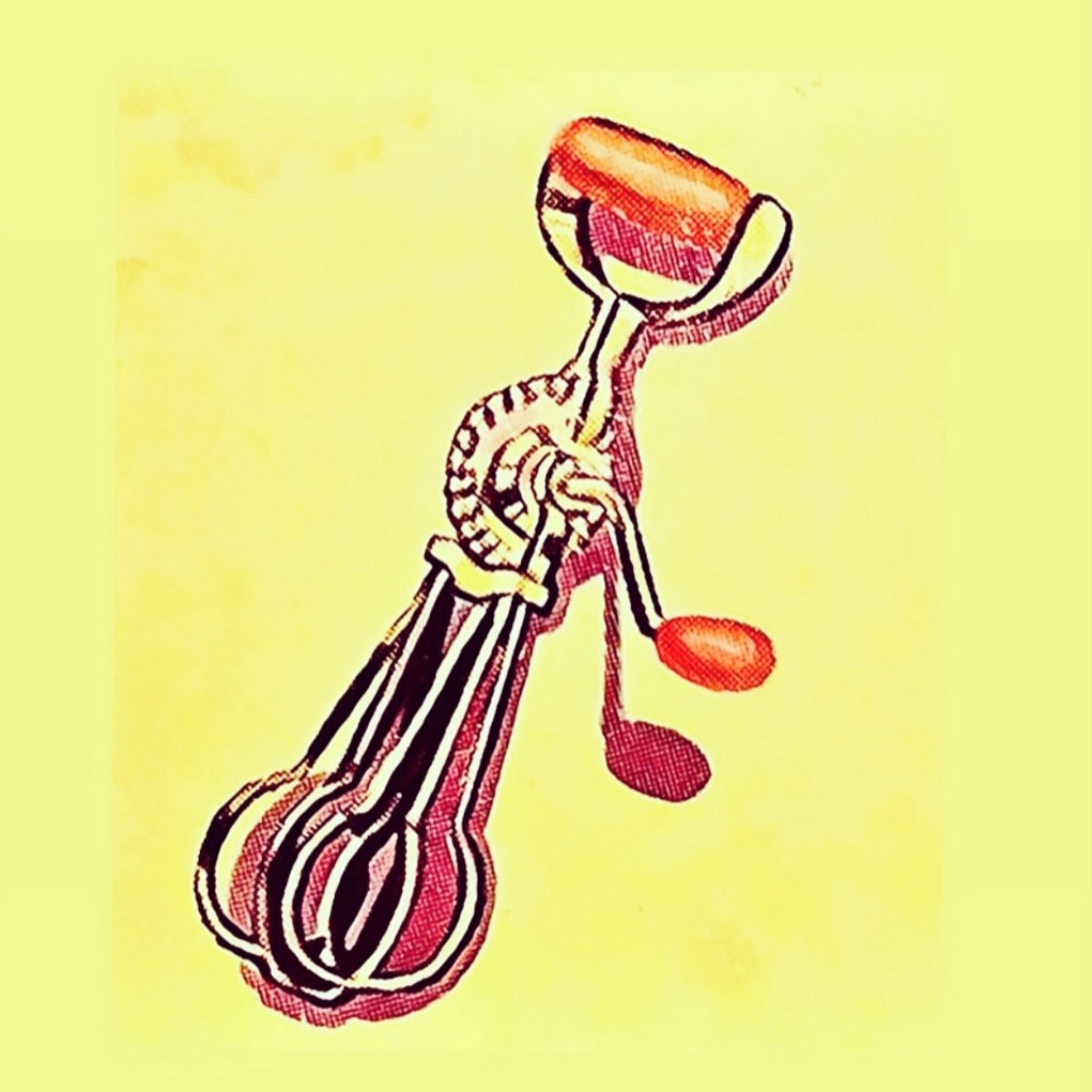
Sara is one of the nicest people I’ve met in the food world. Met her once at a cooking class in SF. Her food show where she took live calls was brilliant.
Discovered Sara Moulton's cookbooks when I was selecting books for our library's cookbook club. Her books and recipes are crowd-pleasers!